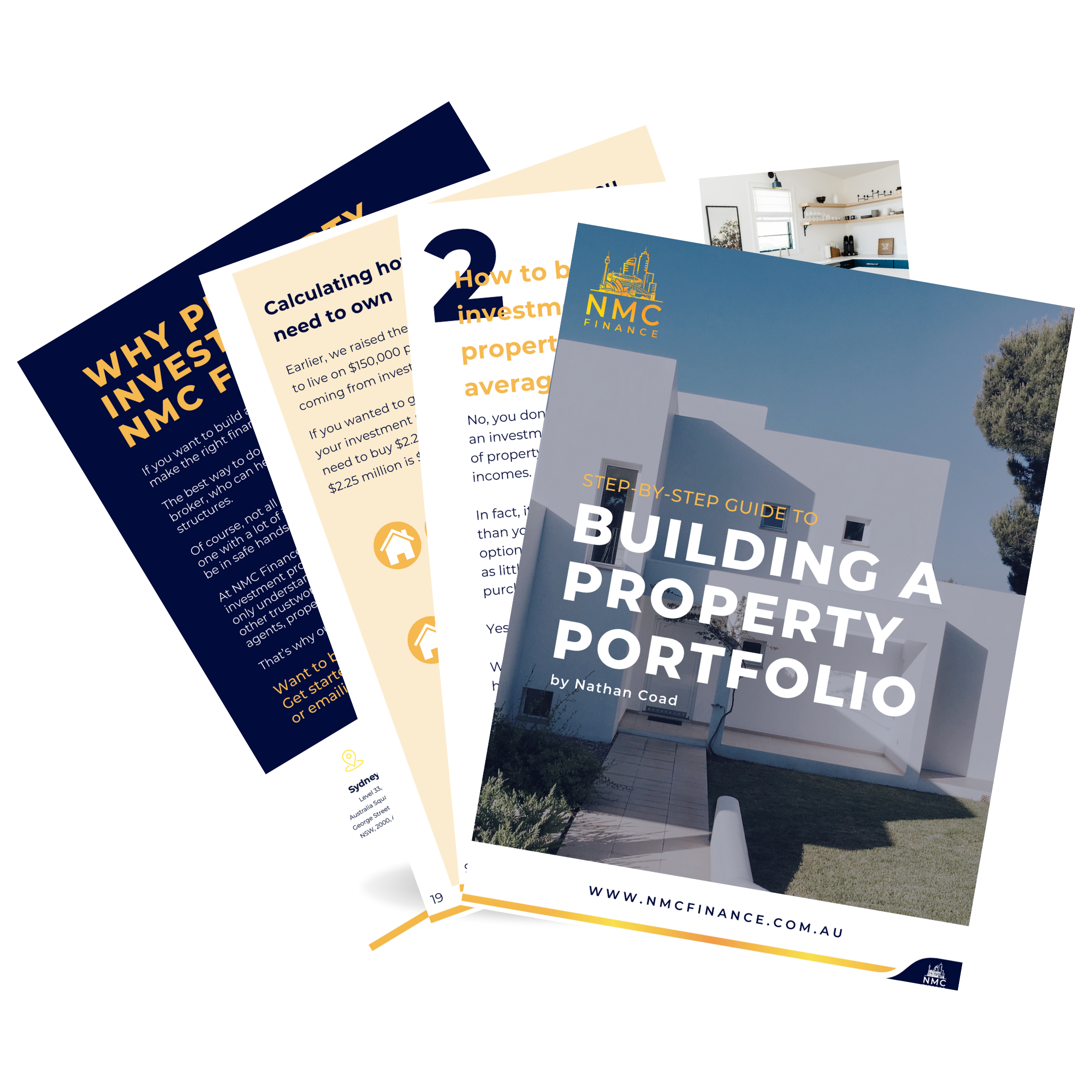Is renting becoming impossible? Now might be the right time to buy your first home.
Across the country, tenants are facing bidding wars, lengthy queues at inspections, and skyrocketing rents.
While renting has traditionally been a stepping stone toward home ownership, for many Aussies, it now feels like a never-ending race with no finish line in sight.
If you’ve found yourself frustrated by rent hikes or competing applications, you’re not alone. But here’s the good news: even in this tough climate, there is a way out, and it might be more achievable than you think.
The harsh reality for renters in 2025
Recent data from PropTrack shows that national median rents rose by 5% in the March 2025 quarter compared to the same time last year.
In some suburbs, it’s even higher. This jump has pushed rental affordability to its lowest level since 2008.
Here’s what renters across Australia are up against:
- Bidding wars driving prices up above advertised rates
- Limited availability causing longer competition queues at inspections
- Quick decision pressure, with landlords favouring applicants who apply within hours
- Sub-par conditions, as renters settle for whatever they can get
With affordability at an all-time low, many renters are asking: Is it time to stop renting and start owning?
Why now is the time to break free from renting
It might sound counterintuitive, especially with rising property prices and cost-of-living concerns, but for some renters, buying could actually be the smarter long-term move.
Here’s why:
- You’re already paying a mortgage, just not yours. If you’re spending $600–$800 per week on rent, that could translate to a mortgage repayment on a modest first home.
- Low deposit options are available. Contrary to popular belief, you don’t need a 20% deposit to get into the market.
- Government support is still strong. Schemes like the First Home Guarantee and stamp duty concessions could reduce your upfront costs significantly.
- Rent money doesn’t build equity. Buying gives you a stake in your future, and with every repayment, you’re one step closer to owning your asset outright.
How first home buyers can get in with a low deposit
Getting into the market with a small deposit is more possible than many think if you know your options and work with the right team.
1. Government-backed schemes
Eligible first home buyers can purchase with as little as a 5% deposit under the First Home Guarantee (formerly First Home Loan Deposit Scheme), without needing to pay costly Lenders Mortgage Insurance (LMI).
There are also:
- Stamp duty exemptions or concessions (varies by state)
- First Home Owner Grants of up to $10,000 in some states for new homes
2. Guarantor loans
If your parents or a close family member are willing to go guarantor, you may be able to buy with no deposit. This can be a great option for buyers with solid income but low savings.
3. Shared equity programs
Some states, like Victoria and Western Australia, offer shared equity schemes that help you co-purchase a home with the government, reducing your loan amount and deposit requirement.
4. Smarter property choices
Not every first home needs to be your forever home. Consider:
- Buying in growth corridors or regional centres
- Opting for apartments or townhouses
- Rentvesting: buying in an affordable area while continuing to rent where you want to live
Renting Feels Hard Because It Is! But You Have Options
We’re not here to sugar-coat it: the rental market in 2025 is tough. But that pressure could be the push you need to consider stepping into ownership sooner than you thought possible.
With expert advice and the right strategy, many first home buyers are entering the market with a modest deposit, thanks to the support and flexibility now available.
Ready to stop renting?
We specialise in helping first home buyers navigate their options, secure low-deposit loans, and make informed, confident steps toward homeownership.
If you’re feeling stuck in the rental cycle, let’s chat. The sooner you start planning, the sooner you can make renting a thing of the past.
*This blog is intended for general informational purposes only. For personalised advice tailored to your unique financial situation, please contact NMC Finance.

